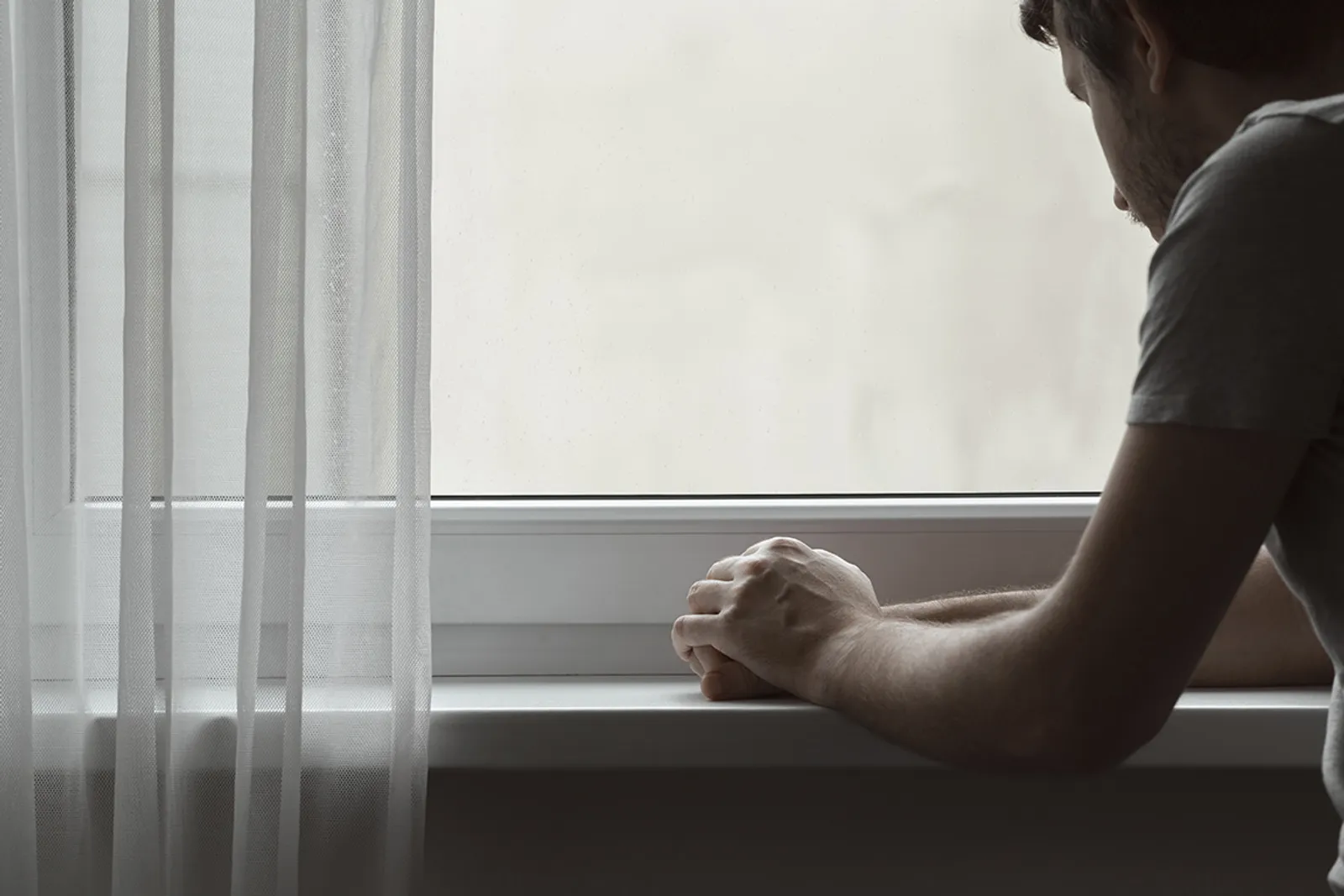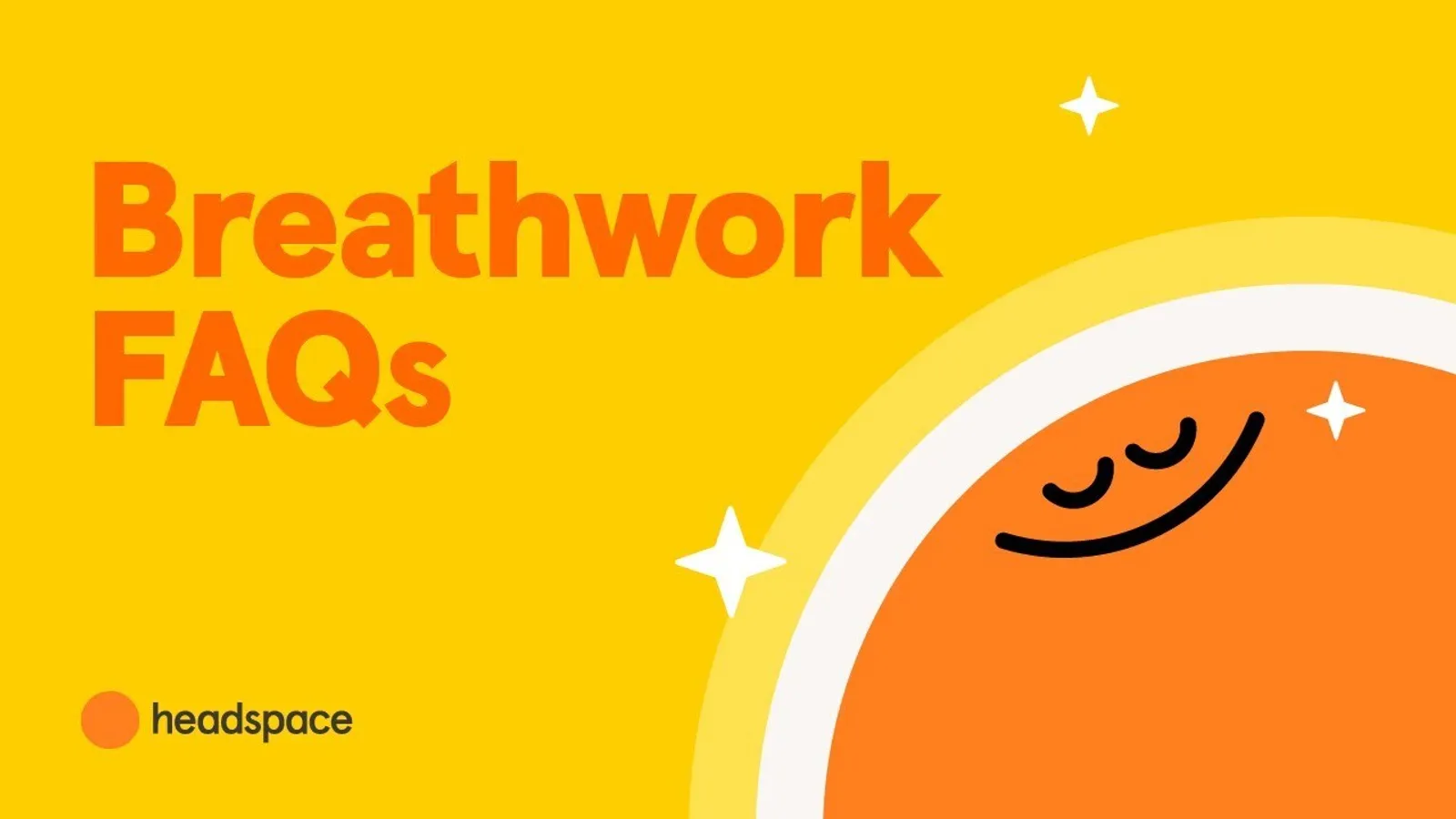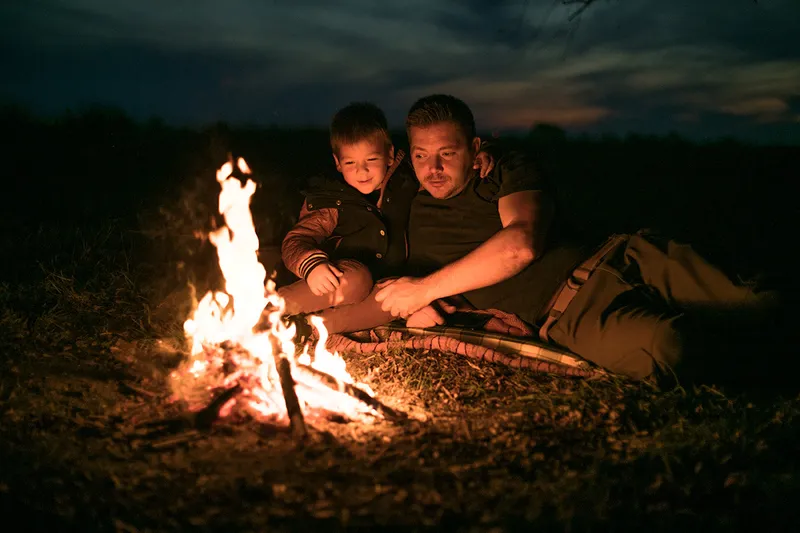
Non-substance addiction

What is it?
Behavioral addiction or non-substance addiction refers to destructive habits or processes that may feel like they are taking over your life. Just like when using substances, these behaviors produce a short-term reward (a decrease in anxiety or positive mood that might feel like a “high”) that may cause someone to continue to engage in them.
While these behaviors may not necessarily be “addictive,” it may be difficult to try and stop doing them—or, they may cause a decrease in functioning in your day-to-day life. This lack of control is a core concept of addiction.
Though some experts disagree on what behaviors you can actually be addicted to, many do agree that repeating certain behaviors can be problematic. These are a few of the more commonly discussed behaviors that might lead to non-substance addiction:
- Gambling
- Online gaming
- Phone or Internet use
- Sex
- Pornography
- Shopping
- Social media
- Food and eating disorders
Beyond using despite consequences and withdrawal symptoms, other warning signs that you might be struggling with behavioral addiction include:
- Prioritizing time on that behavior and thinking about or planning to engage in it
- Neglecting or avoiding work, school or family to engage in the behavior
- Relying on the behavior to cope with emotions
- Denying or minimizing the extent of your use
- Trying to stop, or at least decrease your use, and being unable to do so
While a chemical addiction can cause serious effects on your physical health, behavioral addiction does most of its damage to your mental well-being and quality of life. These addictions are generally to things that are marketed to us constantly or part of our social life and can feel impossible to avoid entirely.
Being constantly reminded of an activity that our brain associates with pleasure can be extremely disorienting, especially if everyone else seems to be doing that behavior without an issue. That’s why acknowledging you may be struggling and asking for help is a key first step.
What's causing it?
Chemical addiction and behavioral addiction operate somewhat similarly in terms of how they affect your brain. In general, addiction interferes with your brain’s normal function. When you do something enjoyable, the brain releases dopamine, which has the effect of making you feel pleasure or otherwise generally good. The desire to experience this sensation over and over can result in uncontrollable cravings over time.
Our behavioral addictions are usually caused by the desire to feel good, or to distract, numb or soothe us from feeling bad. Many of them are perfectly fine activities in healthy moderation and most people will not get addicted to using them. But when your desire to partake in these activities becomes self-destructive or simply uncontrollable, it can have devastating effects on your relationships as well as your mental and financial well-being.
Regardless of what behaviors can be addictive and at what point they can be classified as an addiction, if you find yourself lacking the ability to moderate your engagement with something you find to be self-destructive, it can be a helpless feeling. But, it is an extremely valid one. You’re not weak just because you’re struggling with an addictive behavior: Addiction is a mental health condition.
How should I deal with it?
One of the best ways to curb behavioral addiction is to develop a healthy strategy to deal with a particular stressor or emotion instead of the addictive behavior. Fortunately, there are many different healthy coping mechanisms you can try, and finding one that works for you is key.
Take the time to consider what triggers your desire to engage in the behavior–whether it’s an emotion, a situation or an event–and then take small steps to replace that action with something else you find enjoyable. It doesn’t have to be just one thing, and trying a few things before something sticks is totally normal.
As behavioral addictions are often part of our social lives in some way, you may find it helpful to change up your routines and create buffers between the things that trigger these addictive behaviors, including the people you do them with. None of this is easy, as trouble stopping is actually part of the addiction itself. Try your best not to judge yourself for this or say you are failing—relapse is part of the recovery process.
Additionally, you might find it helpful to talk about your addiction in therapy, group therapy or a support group. There are support groups for specific behavioral addictions just like there are for alcohol or drugs. Finding peer support is an effective method to break the cycle.
Things to try
-
Explore spaces in your area or online dedicated to people who share your identities and experiences. Building community with people who understand you is an excellent way to cope with the negative effects of discrimination.Explore More
-
Go for a walk
Walking might sound almost too easy to be effective, but it elevates your heart rate enough to count as exercise and also has some amazing benefits. Research shows it can boost your mood, energy level, creativity, and productivity, making it a perfect way to clear your head and take a break. It can also help to reduce symptoms of depression, strengthen your immune system, and improve heart health. This makes it a great habit to stay physically and mentally strong so you’re better equipped to deal with stress.Explore More -
Plan out an enjoyable day
Taking the time to plan out an enjoyable day for yourself can give you something to look forward to, and the day itself can have numerous benefits ranging from reduced feelings of burnout to more energy and a fresher perspective. Instead of wondering what you should do, think about what you want to do. Though taking a joyride in a stolen Ferrari isn’t recommended, Ferris Bueller had some pretty good ideas—taking a long shower, hanging with your friends, going to the top of a tall building, treating yourself to a nice lunch, catching some sports, visiting a museum, singing and dancing, soaking in a hot tub are ideas that might help you start dreaming up your own options.Explore More
What can I do now?
-
Online directory | Support groupFind Support Groups | Mental Health America
- Online directoryFindTreatment.gov
-
HelplineSAMSHA's National Helpline | Substance Abuse and Mental Health Services Administration (SAMSHA)




